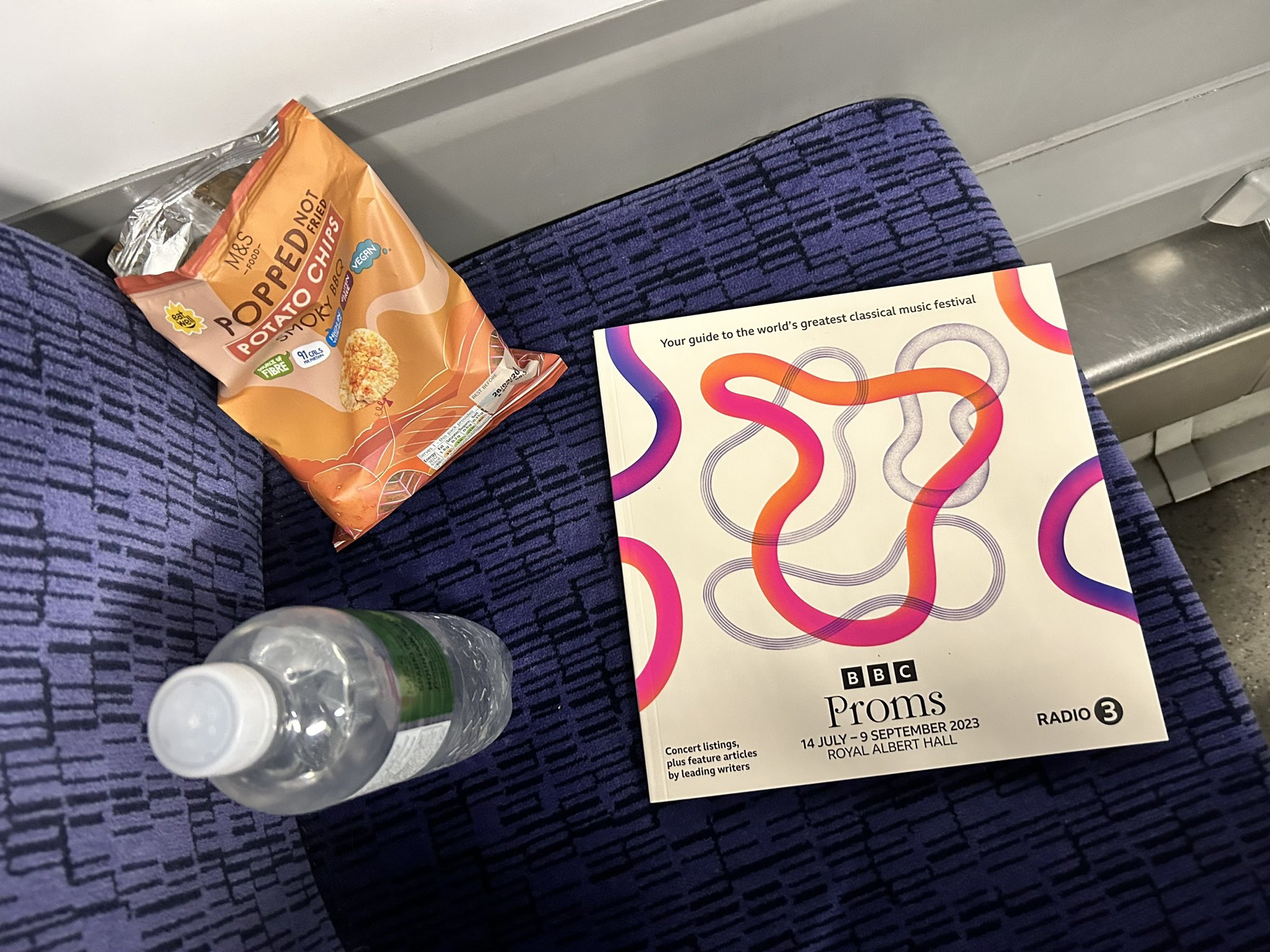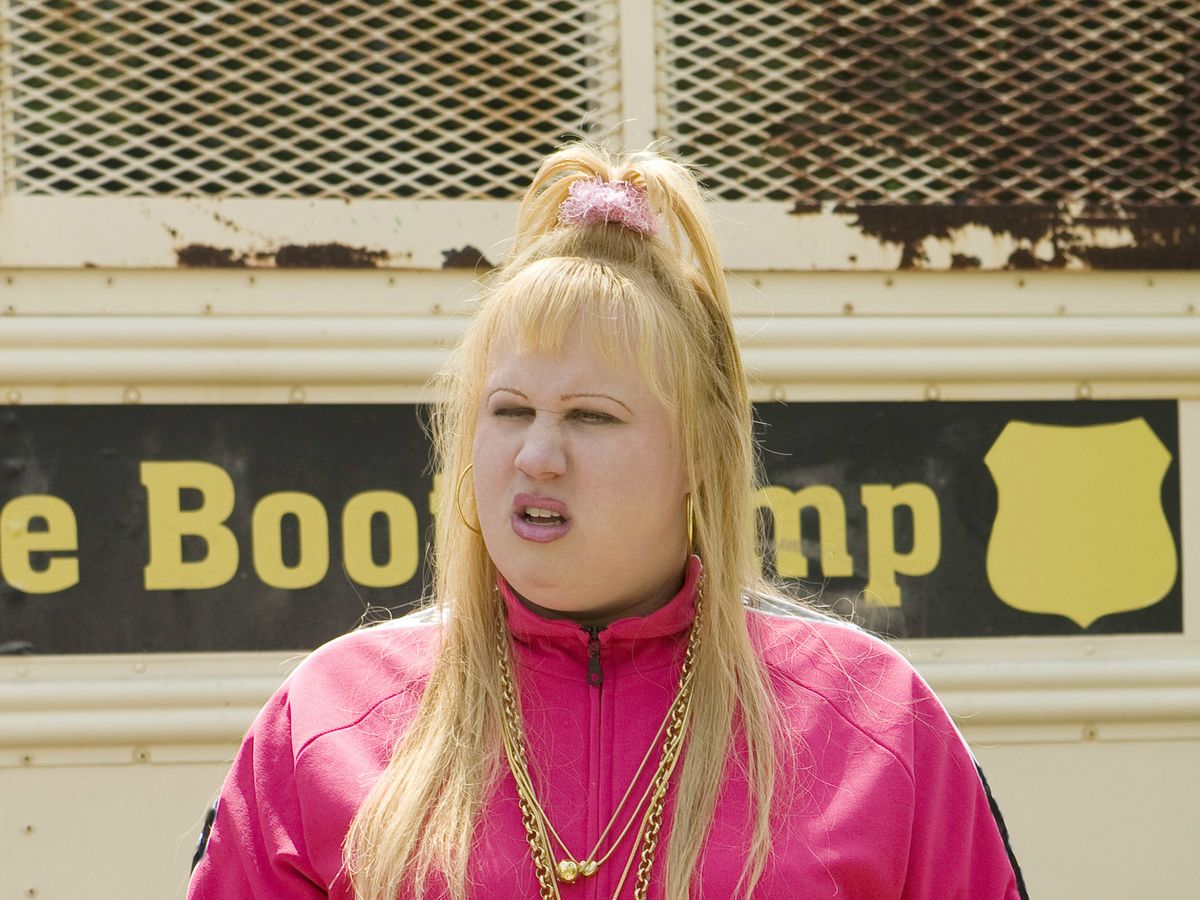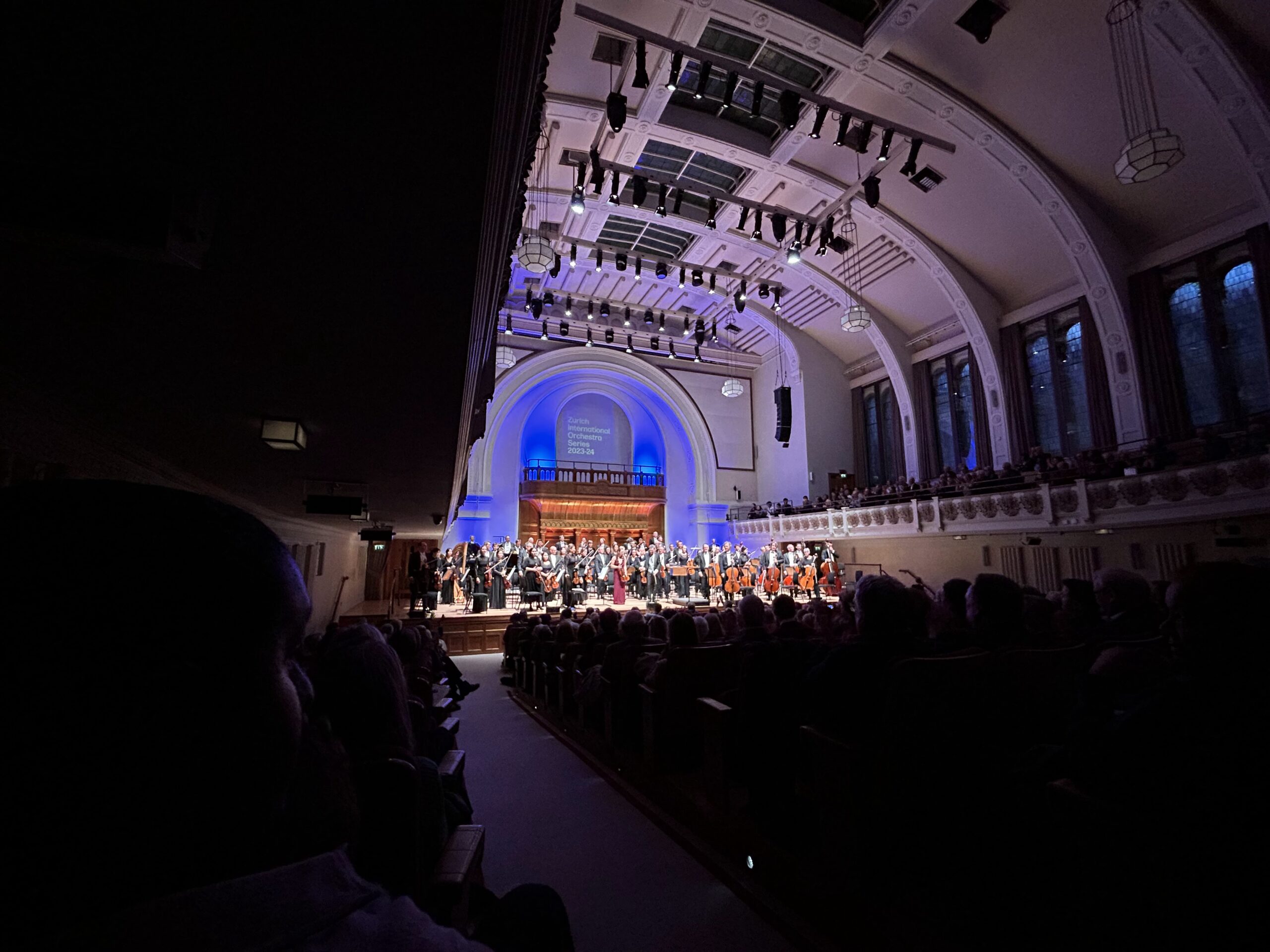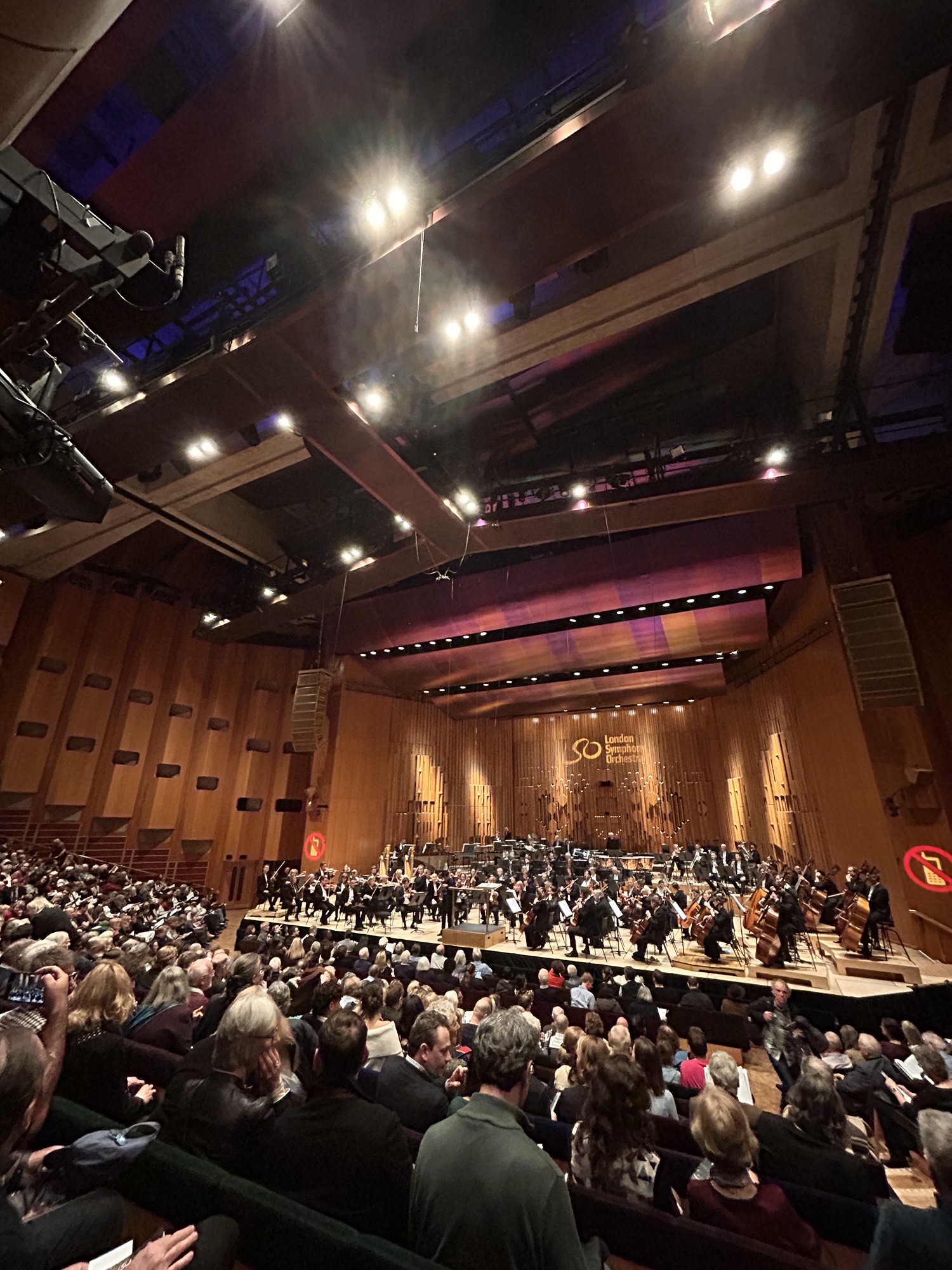Around the time new Radio 3 Controller Sam Jackson stood up at the BBC Proms press launch to reiterate the BBC’s committment to their performing groups, I received a text message from a pal. “Have you seen the Rattle interview?” I reported that I hadn’t and that for expediency’s sake could he send me the link? He did. And in a split second, my attention was entirely diverted from events in the room to Rattle’s words quoted by Richard Morrison in the Times.
“As for the BBC it’s obvious that the cuts will all be back on th etable as soon as the Proms are over. They were just worried about protests and demonstrations at the Royal Albert Hall.”
The rest of the interview is peak-Rattle. Uncompromising but ‘on the nose’. Rattle of course has magic powers, stirring up warmth, love, and wild uncontrollable applause even when he’s summoning a muffled drum and proclaiming the end of the world. He’s correctly predicted situations before like the damning effects of Brexit on the classical music industry. There’s no reason to think he’ll turn out to be wrong with this one. Rattle doesn’t say things unless he wants to say things.

Radio 3 Controller Sam Jackson, speaks to a huddle of people at the BBC Proms launch
All around are guests of the BBC Proms press launch. Former colleagues mingle with one another, some whose job titles have significantly expanded since I was last in the building, others whisper conspiratorially with members of the BBC’s Classical Music Strategy low-budget slasher movie, sideways glances aplenty. Over on the other side of the room the BBC’s Director of Music Lorna Clarke stands pensively looking at proceedings from the back of the room. In front of her Simon Webb, Head of Orchestras and Wotnot. There are, I slowly realise looking around the room quite possibly more BBC people at this press launch than there are industry people, journalists and/or sundry other commentators. This is Quite Odd.
David Pickard, Director of the BBC Proms speaks into the mic in the intimate surroundings, channeling a jazz vibe. I notice his hands are shaking the script he’s holding. Then we watch a launch film of the kind I’ve never seen before – a series of videos shot on iPhones by various artists appearing in the Proms, some clearly reading from their scripts, eyes awkwardly darting from camera to script and back again. Others like Rufus Wainwright, either disinterested or exhausted about the forthcoming 8-week-long season.
It’s a world away from the kind of launches staged a few years ago pre-pandemic. Size of venue aside, there’s a feel that we’re members of an audience here to support a new cast. THe show feels a little lack-lustre. There’s no discernible conviction. And there’s a massive elephant in the room.
The timing of that interview too – a publication that reinforces what everyone is thinking and concerned about. Rarely does that kind of coincidence occur in Proms history. No one would choose to bite the hand that (sort of) feeds them on the day the season is announced, would they? Not unless there was something that was particularly riling the industry. Something that needed to be said. What better time to draw attention to the political machinations driving the dismantling of an industry, than to do it when one of the industry’s biggest events was making a big bid for media coverage?
I say hello to a handful of contacts, get introduced to a new person from the Royal Albert Hall who acknowledges the value of getting angry on Twitter, a man who has been coming to the Proms for more years than I could calculate and appears to be the kind of die-hard fan that just makes me feel like an amateur, and nod and smile at various others.
And then I head off, stopping to collect my Proms brochure (a customary process at the end of the launch). Stepping out into the rain, a sinking feeling descends. This years Proms all feels very awkward. There’s not much that excites me in it. There’s quite a lot else that makes me feel uncomfortable. Everything feels rather lack-lustre. Social media is awash with artists saying the right things. It’s almost as though there’s been a three-line whip for all of this. And, one week into the job, the new Radio 3 Controller is having to stand up and say words to reassure the assembled crowd that the BBC’s Performing Groups are valued, in front of his boss who stands at the back, the same person who caused all of this nonsense in the first place.
If Rattle is right (read further in the interview and he refers to the real possibility that after the cuts being back on the table post-Proms, it will be next year’s season which will be drastically cut), then this wasn’t a series of fudged announcements, but a clear plan. If he’s right then that means that the chances are all those BBC people in the room know its going to happen at the end of the Proms too. A launch for the Proms’ summer-long demise?
The reality for me is that it’s difficult to get enthused about this year’s season. So much has happened that has tarnished the brand. The very thing I care about is the very thing that a handful of people have fiddled with. It’s liking meeting up with an ex and discovering that since your split they’ve turned to drink, drugs and crime – a shadow of their former selves. If there is a discernible lack of conviction in what’s on offer – and that extends to every aspect of how the brand is put across – then the vocal audience picks up on it instantly.
It’s like Eurovision. The stage is so big, the cameras so close and the audience so opinionated, that anything less than conviction won’t cut it. It took 20 years for the BBC to work that out. I hope to God I don’t have to wait another 20 years for the Proms. I might be dead by then.



